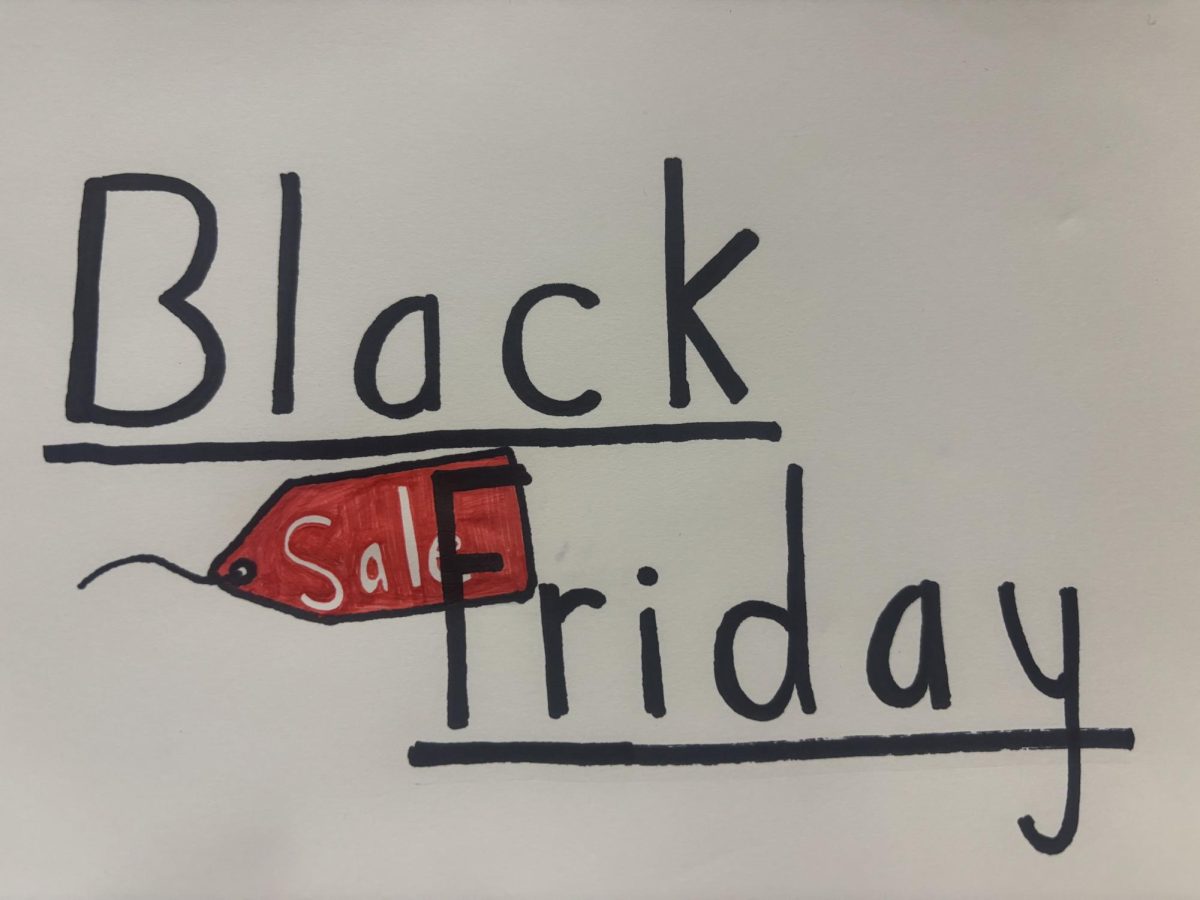
For the last 39 years, October has been about more than candy and pumpkins and ghosts, but also a monster much more dreadful than Halloween characters: breast cancer. Since 1985, the tenth month of every year has been coined National Breast Cancer Awareness Month (NBCAM), honoring survivors, supporters, and all those affected by this disease. After millions of people have lost their lives or been through hell and back with breast cancer, it is prudent for the disease to be recognized and understood, as well as for its hosts to be celebrated for their resilience.
Many assume that breast cancer only affects women, but like other cancers, no one group of people is without risk. However, as most things go, males do not have to worry about it as much as women do. Every year, more than two million women and approximately two thousand men are diagnosed with BC. Whereas only about 530 men diagnosed will die each year, hundreds of thousands of women will pass after the cancer is found. Although technology and research progresses as the years go on, nothing seems to stop these rates from increasing. Incidence rates are said to be increasing by 0.6% every year, and this rise in diagnoses indicates that each year, breast cancer preys upon more people than just the stereotypical middle aged woman. While most cases occur in women over the age of fifty, cancer doesn’t discriminate. In order to become one of the most common cancers in the world, age becomes just a number and gender becomes merely a concept, neither of which can guarantee avoidance.
Given all the people that cancer affects, National Breast Cancer Awareness Month evokes mixed feelings among both survivors and bystanders of breast cancer. Although some people feel supported and seen during October, others feel quite the opposite. The celebratory nature of an awareness month can feel ironic when it is about something as tragic as cancer. Many survivors see it as a trigger, or an uncomfortable reminder of the thing that changed their lives forever.
“I can’t help but cry thinking about it,” says Susan Hill, a friend and BC survivor, “and how it could’ve turned out and what I could’ve gone through if I hadn’t caught it early. It’s always in the back of my mind that it may come back again, or come back somewhere else in my body.”
No one wants to be reminded of something that threatened their life, especially decked out in pink ribbons and balloons. Not only that, but the way many businesses and organizations use the month as a sales tactic tends to get under peoples’ skin. Charging an obscene amount of money for something pink during October is a senseless cash grab by those who don’t understand the importance of the cause. The term “pinkwashing” has been popularized in describing the way many people manipulate NBCAM in order to make a sale or make themselves look better. It has become the way of the world to perform as some sort of philanthropist or advocate to seem like a good Samaritan, but when such acts are obviously feigned, it suppresses understanding instead of raising it. Triggers and offenses such as these strip October of its dedication to the breast cancer awareness cause and slap affected parties in the face. While the goal of NBCAM is to make survivors feel seen, many feel as though their real experiences are overlooked by ulterior motives.
However, despite these negative connotations of NBCAM, others feel empowered by the recognition they receive for surviving one of the toughest internal battles a person can. Education is key, and many agree that anything that brings attention to the cause is worthy of acknowledgement. It is hard to understand something you have never gone through, but it is impossible to understand something you know nothing about. NBCAM, pink ribbons and all, brings attention to the issue of breast cancer, including shedding light on risk factors, warning signs, and the psychological battle of the disease that coexists with the physical one. Cancer is not as easy as just treatment or death; there’s so much more to the diagnosis than simply the doctor’s explanation.
“I don’t think people totally understand the gravity of breast cancer or any other type of cancer if they’ve never experienced it,” says Hill. “It is scary, all the ‘what if’s,’ ‘what’s going to happen now,’ ‘how am I going to be able to work so I can pay my bills,’ and the worst one is ‘what if I die and leave my daughter without a mom.’ My daughter’s life would totally change, too.”
It is simply impossible to understand the life of someone until you walk in their shoes, but no cancer survivor would wish that upon anyone. Instead, it is prudent to acknowledge the strength of the people that walk among us, and all the silent battles we might never know they’re fighting. It is a shame to live in a world that experiences such injustices as cancer, but also an honor to know that the human race can overcome these things.
Hopefully, as technology progresses and we inch closer to finding a cure for cancer, no survivor is overlooked or taken for granted. People like Susan Hill deserve more than a month of acknowledgement and support for winning the battle against breast cancer, but October is a good place to start, a good time to remind people to never take their health or their loved ones for granted. What a wonderful world it would be if nobody did.






